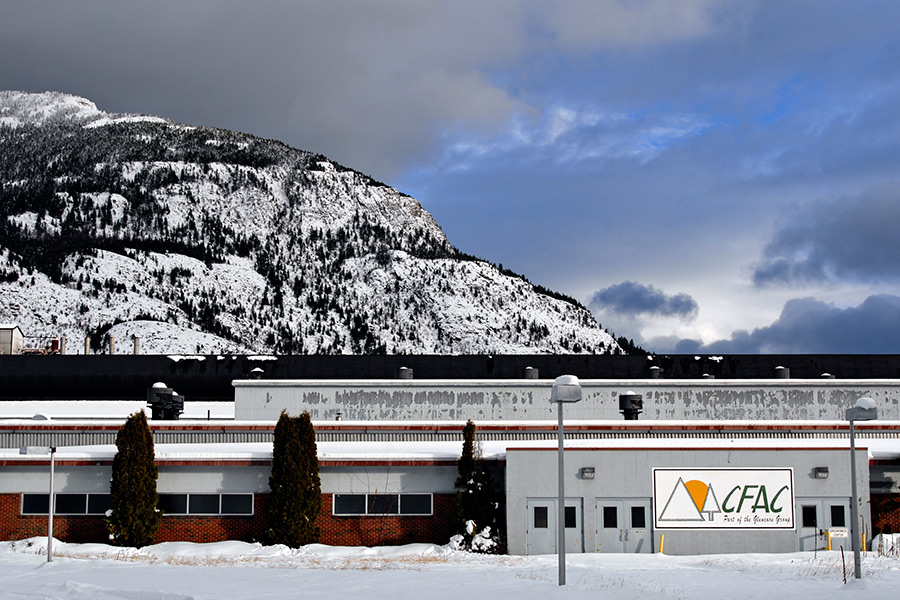U.S. Sen. Jon Tester, D-Mont., on Thursday exhorted the U.S. Environmental Protection Agency to designate the shuttered Columbia Falls Aluminum Co. plant a Superfund site in an effort to expedite cleanup of the contaminated land along the city’s outskirts and adjacent to the Middle Fork of the Flathead River.
In a letter to EPA Administrator Gina McCarthy on Thursday, Tester urged the agency and Montana Gov. Steve Bullock “to list this project on the Superfund priority listing so work can begin to ensure this site can be returned to a productive and safe state.”
Tester’s letter comes on the heels of a breakdown in negotiations between CFAC, its parent company Glencore and the Montana Department of Environmental Quality.
The negotiations about how to proceed with remediation and assessment of the site had been plodding along for months before CFAC announced it would no longer negotiate with DEQ officials, calling their assessment of the site inadequate.
Recent reports from the state DEQ and the EPA have shown the site is eligible for Superfund status, but the site’s owner, Glencore, a Swiss commodities firm, has never explained what it intends to do with the property.
Both Glencore and CFAC have stated publicly that they oppose Superfund listing and recently hired their own environmental consulting firm to develop an independent remedial investigation work plan.
Tester wrote that he was “deeply troubled by this recent development,” and asked the EPA to make an administrative decision to place the site on the National Priorities List, a catalog of hazardous waste sites eligible for long-term cleanup financed under the Superfund program.
“Your regional office has been conducting remedial investigations on the site in Columbia Falls. This investigation has revealed cyanide and minerals leaching into the groundwater at the location, which abuts the Flathead River,” Tester stated in his letter to McCarthy. “This situation is of great concern to the community. It is time to begin the process to return the site to a productive state. Absent agreement from Glencore and the Columbia Falls Aluminum Company to accept responsibility for their role in the cleanup efforts, I encourage the Environmental Protection Agency to proceed with a national priority listing under national Superfund laws. Such a designation would meet the community’s desire to move the project forward while creating jobs.”
The potentially hazardous materials were discovered in soil, groundwater and surface water at the plant site, and cyanide contamination was found in sediment in the Flathead River.
The CFAC plant began producing aluminum in 1955, with production reaching 180,000 tons of aluminum by 1968. At its height, the plant employed 1,500 people and was central to the area’s economy.
When it shut down at the end of October 2009, the closure forced the layoff of nearly 90 workers as high-energy prices and poor market conditions made operations unprofitable.
If listed, past and present owners would be assigned cleanup costs; if they are unwilling to pay, the cleanup can move forward with money from the Superfund program.
The listing process itself can take about a year, but it generally takes the agency an additional three to five years to determine how to clean up the site, according to the EPA.
“The community of Columbia Falls is adjacent to the ‘crown jewel’ of the National Park System, Glacier National Park,” Tester continued in the letter. “The Park hosts over 2 million visitor annually. It is imperative that we not allow Glencore’s refusal to negotiate with MTDEQ to threaten the watershed and surrounding communities.”
